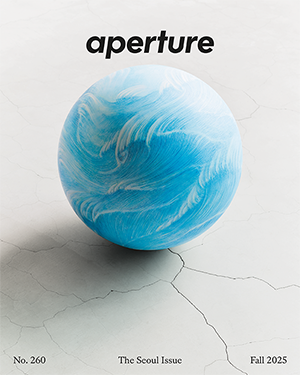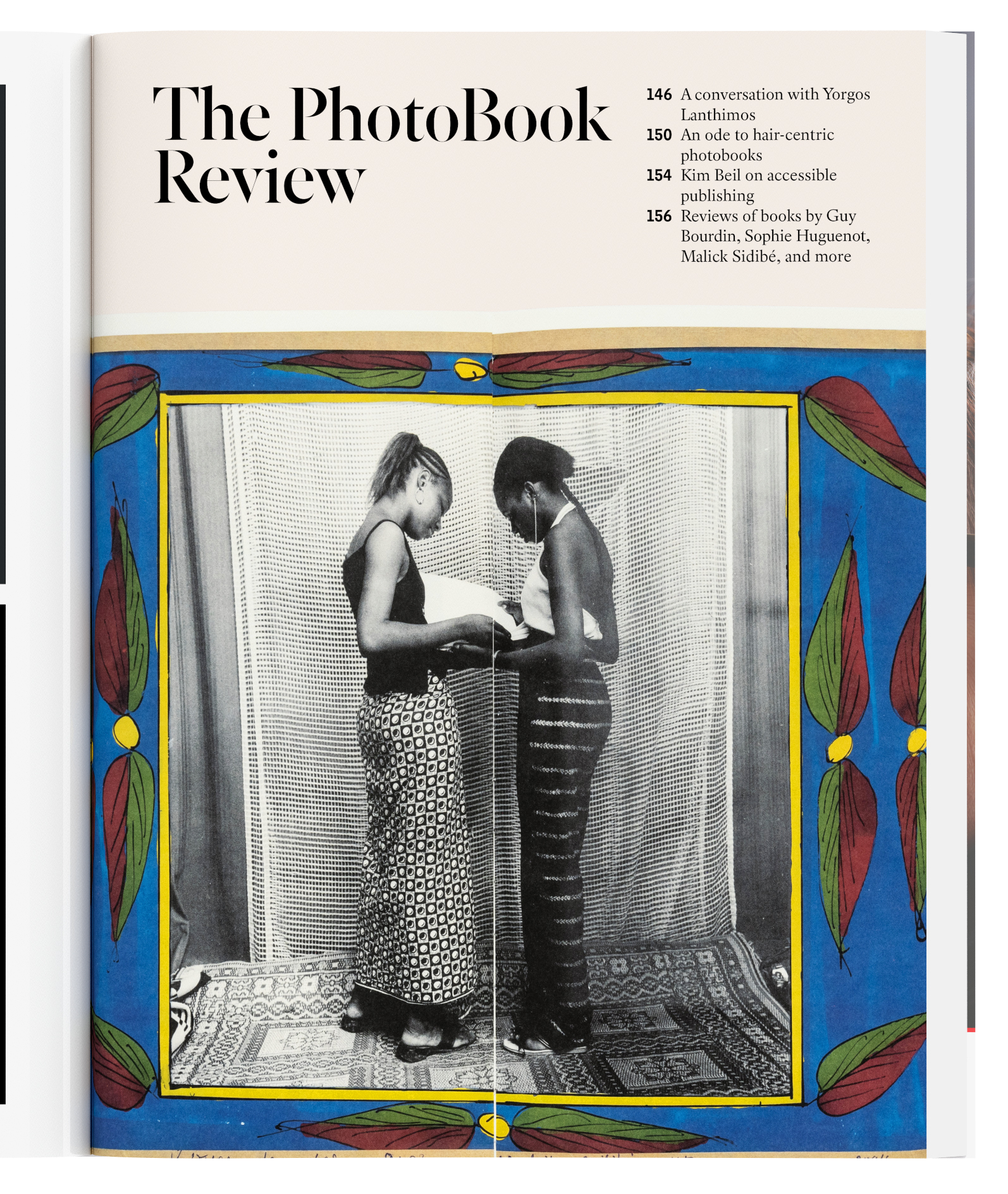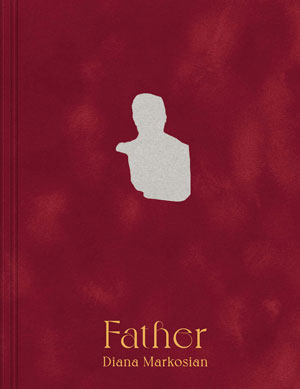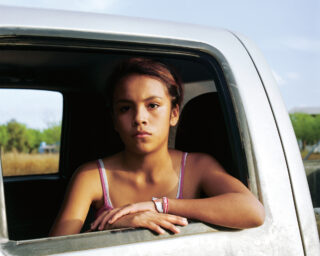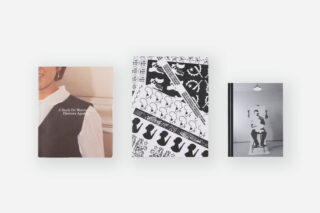In Rwanda and Europe, Images of Creativity and Survival
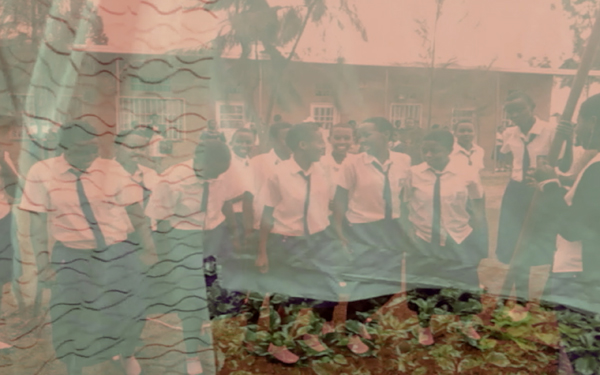
Amelia Umuhire, still from Mugabo, 2016
Courtesy the artist
Amelia Umuhire’s fictional web series Polyglot (2015) explores the lives of young black artists in Europe. The cinematic series is set in Berlin and London and focuses on ideas of home and identity in an increasingly hostile environment. Polygot was screened at various international festivals such as Film Africa London, Tribeca Film Festival, Festival D’Angers, and the Geneva International Film Festival, where it went on to win Best International Web Series 2015.
Umuhire’s most recent project, Mugabo (2016), set in Kigali, Rwanda, is an experimental short film about the return to the homeland and the question of what to do with our past. Umuhire, who survived the Genocide against the Tutsi in 1994 with her sisters and mother, explores the millennial survivor experience with unconventional sound and dialogue collage, mixing genres and tones to convey the complexity of loss, uprooting, and finally acceptance of the collective and individual past. Mugabo premiered at the 2016 Film Africa festival in London and recently won Best Experimental Film 2017 at the Blackstar Film Festival.
For this podcast, Aïcha Diallo sat down with Umuhire in Berlin to talk about her practice as an image maker and storyteller. Listen to their conversation below.
Podcast by Aïcha Diallo and Bassano Bonelli; editing by Bassano Bonelli; mixing by Manuela Schininá; music by DJ Zhao, Cecile Kayirebwa, Daz baba ft. Ferooz, and Isang Yun; texts by Mara Sanaga and Françoise Vergès.
Aïcha Diallo is Associate Editor of Contemporary And (C&) and contributing guest editor of Aperture’s summer 2017 issue “Platform Africa.” Amelia Umuhire is a Rwandan-born filmmaker, raised and educated in Germany.
This article is part of a series produced in collaboration with Contemporary And (C&) – Platform for International Art from African Perspectives.
Read more from Aperture Issue 227, “Platform Africa,” or subscribe to Aperture and never miss an issue.
